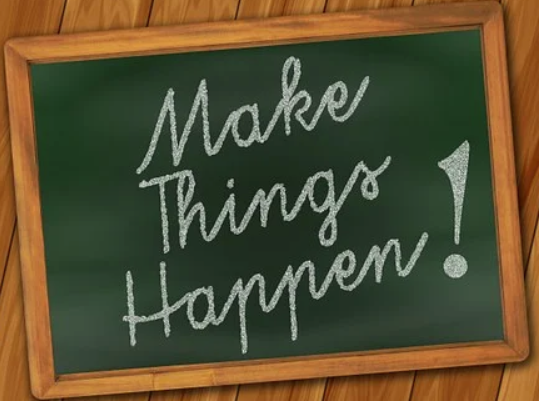
I learned a very important lesson from a woman working through a challenging divorce. She talked about a critical lesson she learned from her counseling sessions. One day she realized that it was time to focus on how she was functioning and not on how she was feeling.
She had been mired in her feelings about the divorce and her life and it was getting in the way of her functioning. She realized that she could not do much about her feelings – they were what they were. But she could do something about her functioning. She could set goals. She could be intentional. She could work on things. She could move forward, no matter how little, each day. She had to lean into her functioning and lean away from “feeling better”.

Feelings are useful – they provide information. For example, I get frustrated with the current political situation. That frustration is information: I want things to be different, but I don’t know how to change the situation. Only by leaning into functioning, and learning about what I could do, and doing it, can I hope to manage my frustration. Same for COVID. The feelings of worry and anxiety are useful information – I should follow the medical advice! Check. Now get on with my day. It is important for me to recognize when I can’t do much about a situation so that I can get on with want I want to do with my life. Whatever that is.
Having a cold is a great example. I “feel” the situation (yuk!) I use the information to do what I can (meds, rest, fluids). Then, I just get on with my functioning as best I can. At the moment it is the way it is and I have a choice: I can stay with the feeling or I can focus on functioning. To be clear – the ‘feeling’ is useful information – it can alert me to what I should do (or not), but that’s it.
This is especially true with relationship issues. I can get focused on “other” (him, her, them, parents, kids). Or I can use my feelings as information, act on that information (if possible), and then focus on my functioning, not theirs. After all, I can only control my functioning, I can’t control others’ functioning. (Really, you can’t make others change. Get over it.)

These are anxious times. The feelings-ometer is pretty high. Goal setting and being intentional is more useful and important than ever. Part of focusing on functioning is being clear about my goals and intentions each day. I like to start my day with a mindfulness meditation and think about my intentions for the day. How do I want to show up today?
There is a lot of stressors coming our way these days. But as long as I’m conscious I am functioning. I have my emotional and physical wellness to manage. I can learn something. I can eat the best food I can. I can connect with friends or family. I can try to get better sleep. I can help someone. I can function; so how will I function?

One last point. The woman that shared her story doesn’t know the positive impact she had on my life. Your functioning can have a positive impact on others without you knowing it.
This isn’t always easy. The time when I need to function up the most is often when I feel the least like it. So I rest. I reflect. I avoid focusing on feelings and lean into functioning, whatever bit that might be.
Learn from your feelings but lean into your functioning.

